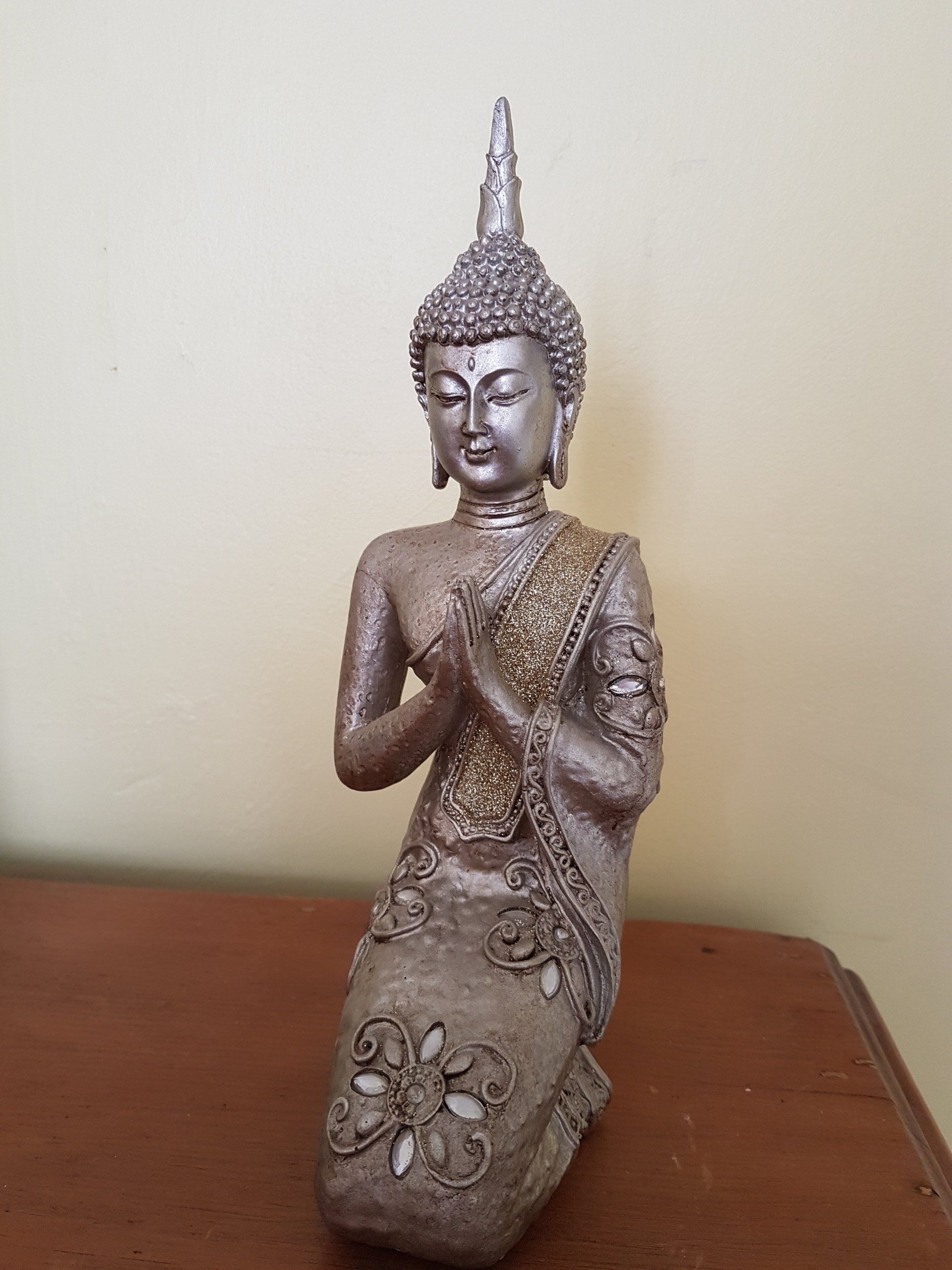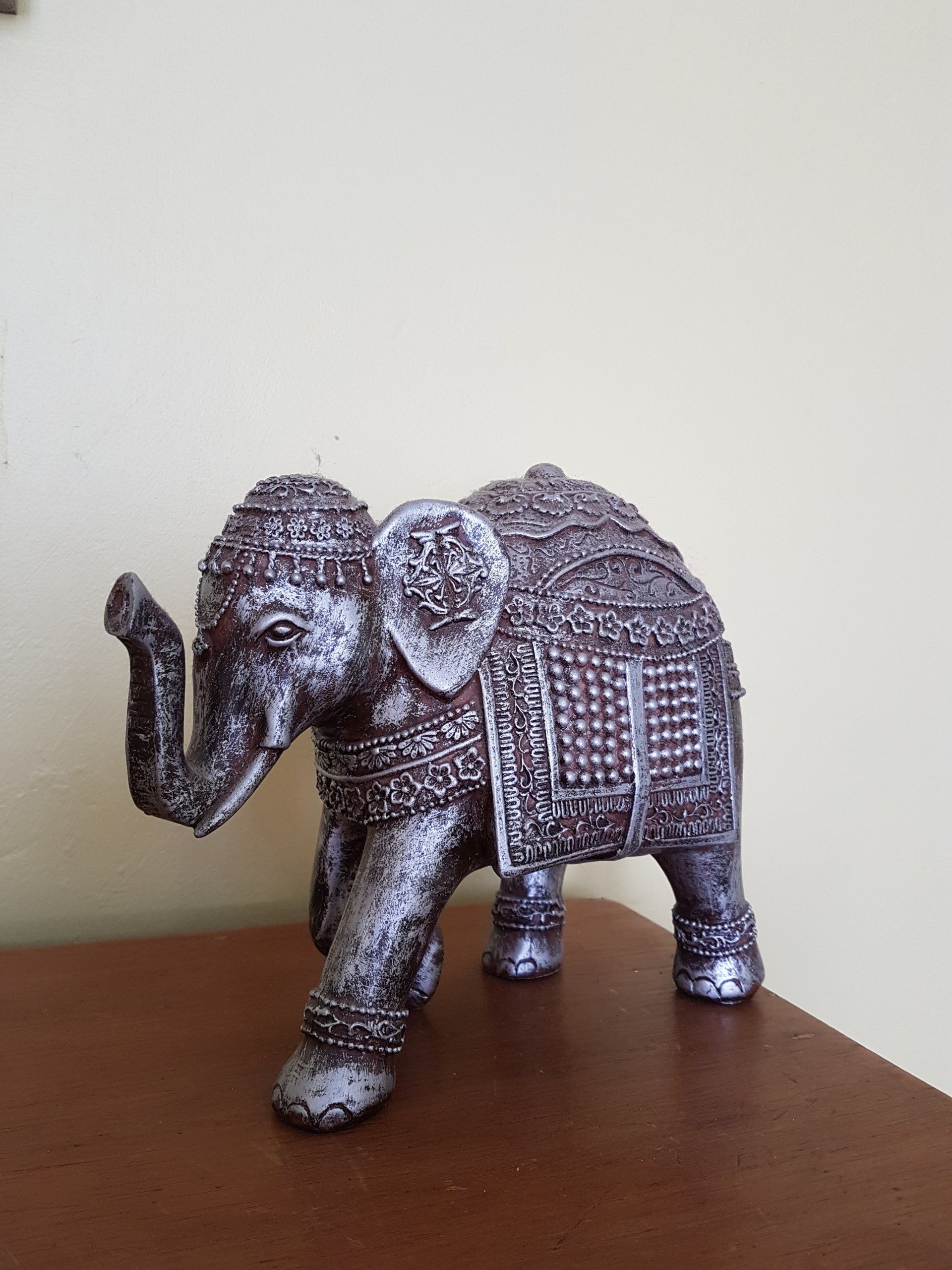
- HOME
- Counselling & Psychotherapy
- Structured Treatment Programmes
- MORE
Cognitive Behavioural Therapy
Cognitive Behavioural Therapy
Cognitive Behavioural Therapy
Cognitive Behavioural Therapies, or CBT, are a range of talking therapies based on the theory that thoughts, feelings, what we do and how our body feels are all connected. If we change one of these we can alter the others.
When people feel worried or distressed we often fall into patterns of thinking and responding which can worsen how we feel. CBT works to help us notice and change problematic thinking styles or behaviour patterns so we can feel better. CBT has lots of strategies that can help you in the here and now
It's most commonly used to treat anxiety and depression, however it can be useful for other mental and physical health problems.

Slide title
Write your caption hereButton
Slide title
Write your caption hereButton
Slide title
Write your caption hereButton
How CBT works
How CBT works
CBT is based on the concept that your thoughts, feelings, physical sensations and actions are interconnected, and that negative thoughts and feelings can trap you in a vicious cycle.
CBT aims to help you deal with overwhelming problems in a more positive way by breaking them down into smaller parts.
You're shown how to change these negative patterns to improve the way you feel.
Unlike some other talking treatments, CBT deals with your current problems, rather than focusing on issues from your past.
It looks for practical ways to improve your state of mind on a daily basis.
What can CBT help with?
The National Institute of Clinical Excellence, NICE,recommends CBT in the treatment of the following conditions:
• Anxiety disorders (including panic attacks and post-traumatic stress disorder)
• Depression
• Obsessive Compulsive Disorder (OCD)
• Schizophrenia and psychosis
• Bipolar disorder
There is also good evidence that CBT is helpful in treating many other conditions, including:
• Chronic fatigue
• Chronic pain
• Physical symptoms without a medical diagnosis
• Sleep difficulties
• Anger management
CBT can be used if you are on medication which has been prescribed by your GP. You can also use CBT on its own. This will depend on the difficulty you want help with.
What happens during CBT sessions
If CBT is recommended, you'll usually have a session with a therapist once a week or once every 2 weeks.
The course of treatment usually lasts for between 5 and 20 sessions, with each session lasting 30 to 60 minutes.
During the sessions, you'll work with your therapist to break down your problems into their separate parts, such as your thoughts, physical feelings and actions.
You and your therapist will analyse these areas to work out if they're unrealistic or unhelpful, and to determine the effect they have on each other and on you.
Your therapist will then be able to help you work out how to change unhelpful thoughts and behaviours.
After working out what you can change, your therapist will ask you to practise these changes in your daily life and you'll discuss how you got on during the next session.
The eventual aim of therapy is to teach you to apply the skills you have learnt during treatment to your daily life.
This should help you manage your problems and stop them having a negative impact on your life, even after your course of treatment finishes.










